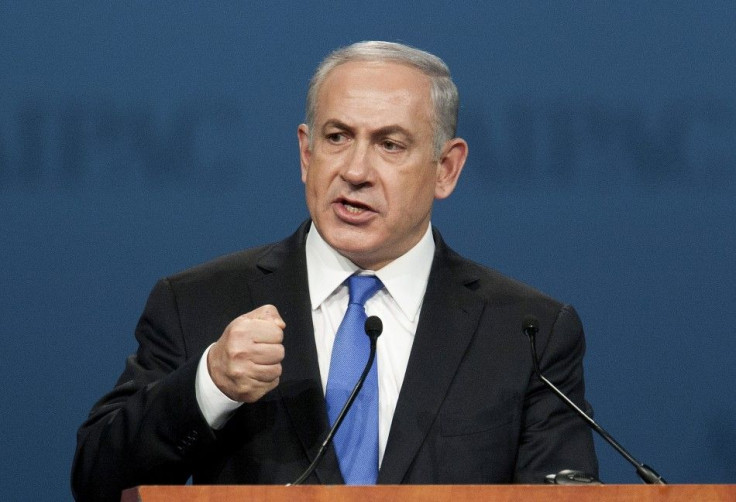Oil Price Is Biggest Risk, Could Spark Global Recession in 2012: Roubini

The biggest fear of Nouriel Roubini, head of Roubini Global Economics, isn't the European debt crisis, a hard landing in China or faltering U.S. economic growth. It's military conflict between Iran and Israel, which could send oil prices soaring and cause a global recession in 2012.
Although chances for war remain low, tensions in the Middle East are escalating, Roubini wrote in a recent column.
Israel is threatening to attack Iran over a nuclear program that Iran insists is for peaceful purposes. The Islamic nation has threatened forceful retaliation against any Israeli strike.
In a speech to Israel's parliament Wednesday, Prime Minister Benjamin Netanyahu reiterated his country's right to defend itself from threats and praised the pre-emptive strike by Israeli warplanes in 1981 on a nuclear reactor under construction in Iraq.
Thursday, Iran's Foreign Minister Ali Akbar Salehi, speaking on Danish television, warned that an attack on Iran will set the time for the end of Israel.
Roubini, who also teaches at New York University, noted the possibility that Iran and Israel may already be engaged in covert operations, with the Islamic republic sponsoring attacks on Israeli embassies and the Jewish state carrying out assassinations of Iranian nuclear scientists.
But the economist isn't optimistic an international coalition comprising the United States, Britain, France, Germany, China and Russia could convince Iran to rein in its nuclear ambitions. If no compromise is reached, Israel and the United States could take military action against Iran, although the smaller ally would prefer to strike sooner and the superpower would rather wait until after its November elections.
If Iran is attacked, Roubini believes, the country could easily sink a few ships to block the Strait of Hormuz, through which 20 percent of oil traded worldwide passes. Iran, which has the world's biggest population of Shia Muslims, could incite minority Shiites in neighboring oil-rich countries such as Saudi Arabia to rebel.
In a recent interview with Foreign Policy magazine, Roubini estimated that oil prices could hit $200 per barrel if Iran is engaged in a protracted military conflict. If that happens, the global economy would be thrown back into recession.
The Turkish-born economist noted that before 2008, three major global recessions -- 1974-1975, 1980-1982 and 1990-1991 -- were caused by a geopolitical shock in the Middle East that led to a sharp spike in oil prices.
Even the global financial crisis of 2008-2009, triggered by the U.S. subprime mortgage market's meltdown, was made worse by high oil prices (a high of $145 per barrel in July 2008).
Even if Iran and Israel manage to avoid military confrontation, oil prices could still rise in a way that will most likely cause a U.S. and global growth slowdown based on fear, Roubini wrote for Project Syndicate.
Fear has already taken West Texas Intermediate crude above $100 per barrel, even though oil supplies are plentiful and global demand remains weak, he said.
© Copyright IBTimes 2024. All rights reserved.





















